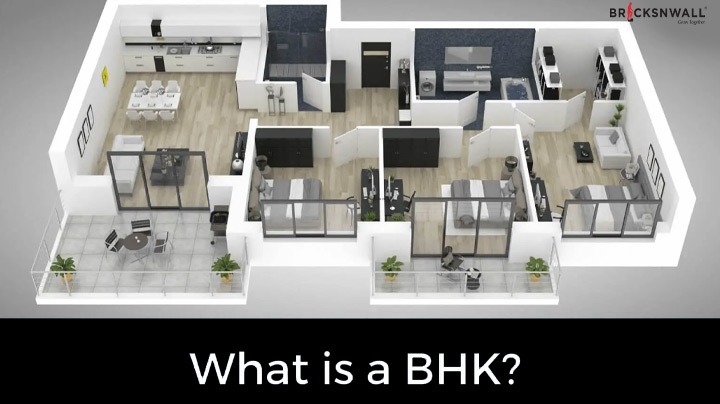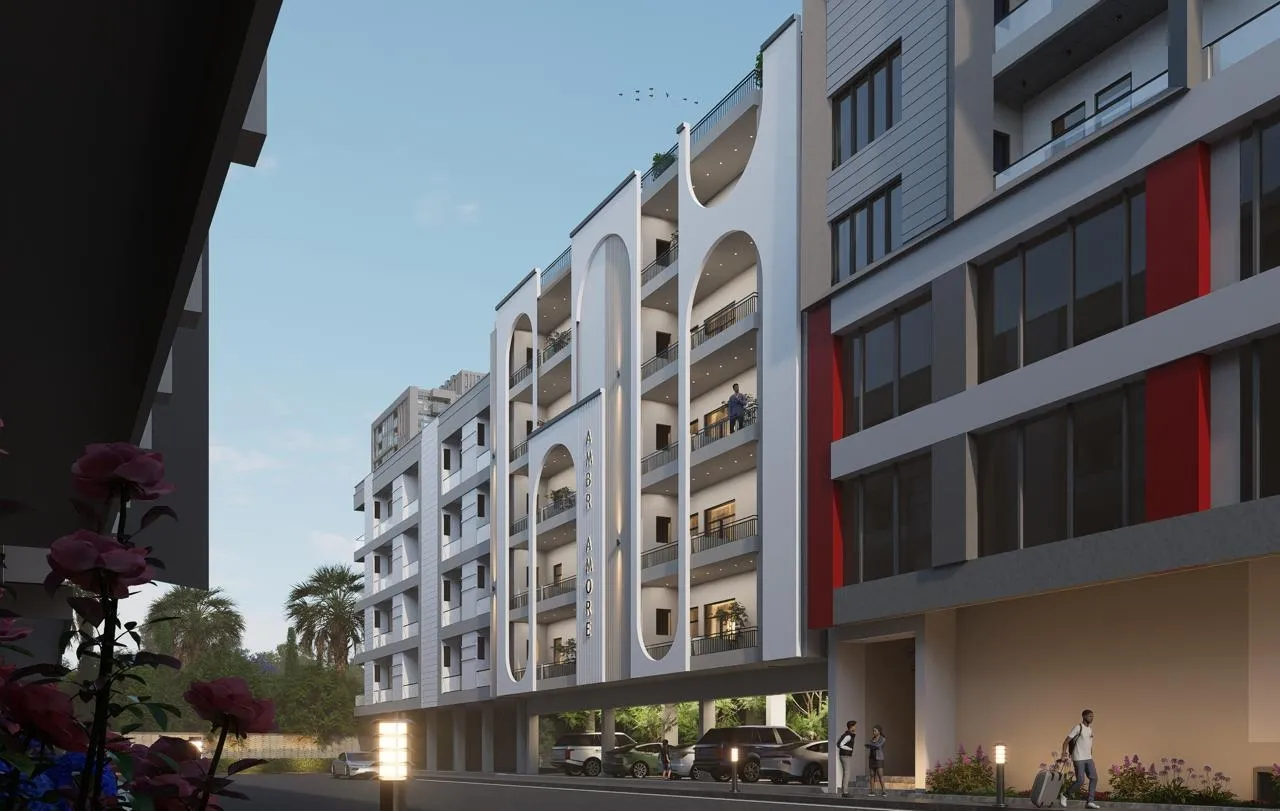What is BHK?
Koheli

BHK stands
for 'Bedroom, Hall, and Kitchen'.
BHK is a
term commonly used in the real estate industry to refer to the number of
bedrooms, halls, and kitchens in an apartment or house. The time is used to
give a standard measurement of the size of a residential property. For example,
a property with two bedrooms, one hall, and one kitchen is commonly referred to
as a 2 BHK.
BHK is an
important factor that helps people choose the right property that meets their
requirements. It is an essential parameter that allows people to estimate the
space available in a property and the number of people who can comfortably live
there.
The
Significance of BHK in Real Estate
The
significance of BHK in real estate cannot be underestimated. BHK is an
essential parameter that helps people choose the right property that meets
their requirements. It allows people to estimate the space available in a
property and the number of people that can comfortably live there.
Moreover,
the BHK of a property is directly proportional to its price. The more the BHK,
the higher the price. This is because a property with more rooms and amenities
is considered more luxurious and provides more comfort to its residents.
BHK
Classification in Different Countries
The
classification of BHK in different countries may vary depending on the cultural
and social aspects of the country. For instance, BHK refers to the number of
bedrooms, halls, and kitchens in India. However, in the United States, BHK is a
property's number of bedrooms and bathrooms.
In some
countries, such as Japan and China, the size of a property is classified by the
number of tatami mats that can fit in it. The size of a tatami mat may vary
depending on the region, but the standard size is 1.82 meters by 91
centimetres.
BHK or
Bedroom Hall Kitchen is a term that is widely used in the real estate industry,
especially in India. It is a standardized parameter used to measure the size of
a residential property, primarily apartments. BHK denotes an apartment's
number of bedrooms, halls, and kitchens. For instance, a 2 BHK flat has two
bedrooms, one entrance, and one kitchen.
The number
of BHKs is crucial when buying or renting an apartment. It gives them an idea
about the size of the apartment and the number of people who can comfortably
live in it. For example, a family of four typically requires at least a 2 BHK
apartment, whereas a single person or a couple might prefer a 1 BHK apartment.
Moreover,
the classification of BHK may vary depending on a country's cultural and
social aspects. The term BHK is widely used in India, but time is not commonly
used in other countries, such as the United States. Instead, the number of
bedrooms and bathrooms is used to measure the size of a residential property.
Understanding
the significance of BHK and its classification in different countries is
essential for people looking for residential property. It helps them to choose
the right property that meets their requirements. For example, in Japan and
China, the size of an apartment is measured based on the number of tatami mats
that can fit in it. Tatami mats are traditional Japanese mats used as flooring
in traditional Japanese-style rooms. The size of a tatami mat may vary
depending on the region, but the standard size is 1.82 meters by 91
centimeters.
Furthermore,
the classification of BHK may also depend on the location and property type.
For example, a 1 BHK in a metro city may differ from a 1 BHK in a suburban
area. In metro cities, the size of an apartment may be smaller due to the
scarcity of land; hence, the classification of BHK may differ accordingly.
Conclusion
In conclusion, BHK is an essential parameter that helps people estimate the space available in a residential property and the number of people who can comfortably live there. Understanding the classification of BHK in different countries and its significance is crucial for people looking for residential property. It enables them to make informed decisions and select the best property for their needs.




